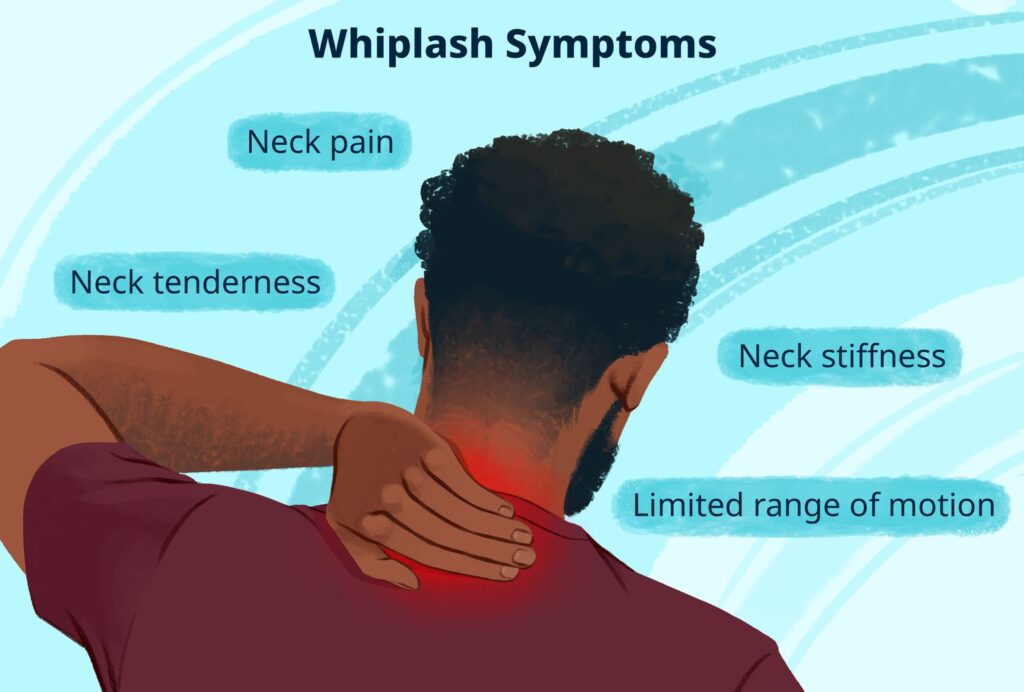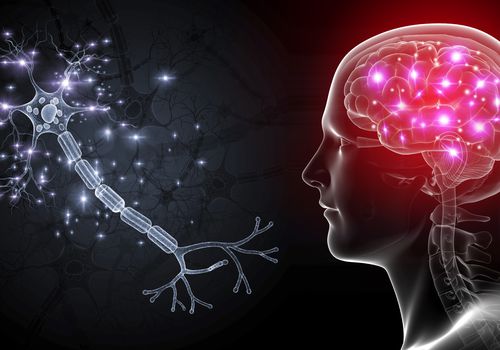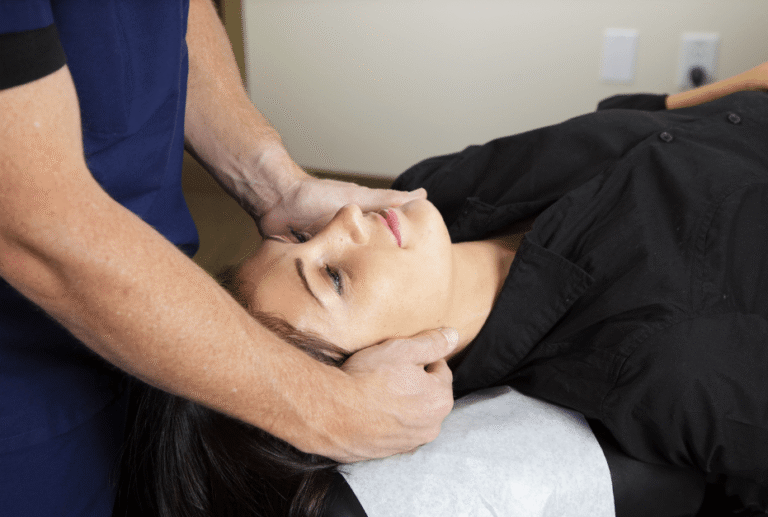
Neck Injuries and Concussions: What Kansas City Patients Need to Know After an Accident
Recovering from a concussion can be complicated, especially if you are still experiencing headaches, dizziness, or brain fog weeks after your injury. For many Kansas City patients, an undiagnosed neck injury may be the missing link that keeps symptoms lingering. Understanding the connection between concussions and cervical spine injuries is crucial for anyone hurt in a car accident, sports incident, or fall.
Why Neck Injuries Often Happen With Concussions
Concussions and neck injuries frequently occur together. Rapid acceleration, deceleration, or twisting of the head can cause both a brain injury and damage to the cervical spine, even if you never hit your head. These forces may result in whiplash, joint inflammation, muscle tension, nerve irritation, and reduced blood flow to the brain.
When the neck is injured, symptoms such as dizziness, headaches, and visual problems may persist. These symptoms can mimic or intensify the effects of a concussion.
Why Standard Imaging May Not Tell the Whole Story
CT scans are designed to rule out bleeding or fractures. MRI can detect some soft tissue injuries, such as ligament damage or muscle tears. However, even with advanced imaging, subtle joint dysfunction, muscle imbalances, or cervicogenic dizziness may not be fully visible. Many patients leave the emergency room with “normal” results, yet continue to struggle with symptoms that are actually rooted in cervical spine dysfunction.
A thorough evaluation should include assessment of cervical joint mobility, especially in the upper neck, testing for cervicogenic dizziness, evaluation of visual and vestibular integration, as well as review of posture, muscle tone, and proprioception.
How Kansas City Concussion Specialists Treat the Neck and Brain Connection
Keystone Medical Group’s concussion care team, including David Buechner, MD and Managing Director Lance Stevenson, uses a comprehensive approach to treat both concussion and neck injuries. Treatments may include gentle manual therapy to restore joint mobility, chiropractic adjustments when appropriate and safe, trigger point and myofascial release for muscle tension, vestibular and oculomotor rehabilitation, gaze stabilization and neck-eye coordination drills, cervical proprioception retraining, and ergonomic or postural correction strategies.
By integrating care for the neck, visual system, and vestibular system, patients in Kansas City can achieve lasting relief from persistent symptoms.

Why a Complete Diagnosis Matters
If you are dealing with ongoing headaches, dizziness, or mental fog after a concussion and your neck has not been evaluated, you may be missing a key piece of your recovery. Getting a thorough assessment from a provider who understands the overlap between brain and cervical spine injuries is essential.
Keeping detailed records of your symptoms, treatments, and progress can also be important if you need to access legal or insurance resources after an injury. Many personal injury experts recommend documenting your recovery to support your case and ensure you receive the care you need.
Serving the Kansas City Metro Area
Keystone Medical Group helps patients from Independence, Blue Springs, North Kansas City, Parkville, and beyond recover fully by treating both concussion and cervical spine dysfunction.
Disclaimer
This blog is for educational purposes only and does not replace medical advice. If you have experienced a concussion or other injury, please consult a qualified healthcare provider.








